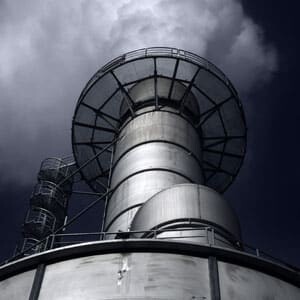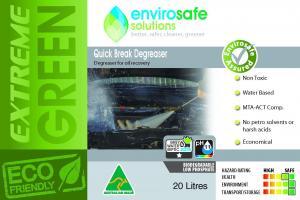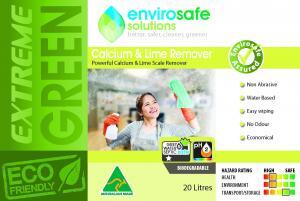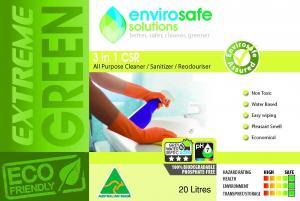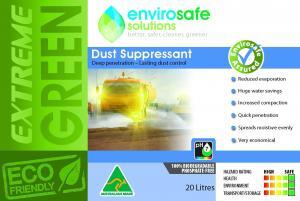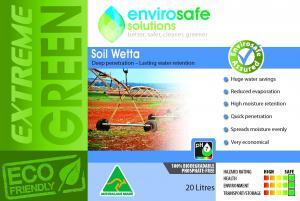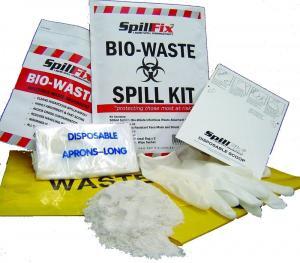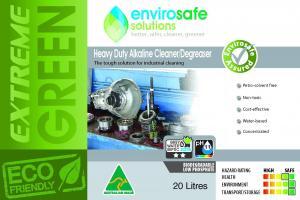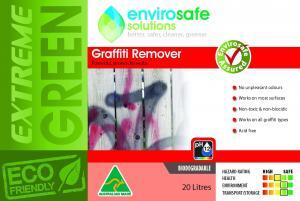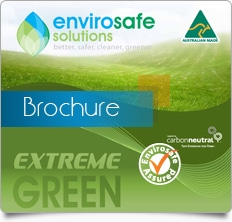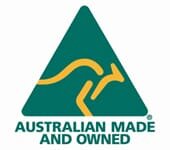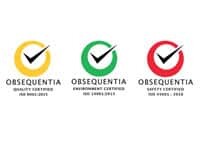Energy production and road transport are among the fastest growing sources of Australia’s greenhouse gas emissions according to the latest National Greenhouse Accounts. The reports show passenger car emissions have increased nearly 20 percent in the past 19 years, a trend echoed by the heavy transport sector. As the Federal Government battles the introduction of a carbon tax, we look at the latest greenhouse gas emission figures and a revolutionary environmentally friendly liquid fuel treatment helping to reduce fuel emissions.
Carbon pollution in Australia continues to rise according to the latest figures released by the Federal Government in April.
In the year to December 2010 carbon emissions increased by 0.5 percent to 543 million tonnes. Federal Climate Change and Energy Efficiency minister Greg Combet said the data, contained in the National Greenhouse Accounts, showed that Australia’s 2009 carbon pollution levels were at 103 percent of 1990 levels.
Mr Combet said Australia’s Kyoto target was that for the 2008-2012 period carbon pollution would not exceed 108 percent of 1990 levels.
“Despite a temporary, short-term dip in carbon pollution as a result of reduced demand for Australian goods following the Global Financial Crisis, significant challenges remain in all sectors to reduce our carbon pollution into the future.”
Mr Combet highlighted a 44 percent rise in emissions from the energy sector as a strong incentive for climate change action, including the proposed carbon tax.
“For example, the increase in carbon pollution from the energy sector between 1990 and 2010 was 44 percent. This significant source, which comprises pollution from stationary energy, transport and fugitive emissions from fuels, makes up around three-quarters of Australia’s total levels of carbon pollution.”
The National Greenhouse Accounts have been submitted to the United Nations Framework Convention on Climate Change (UNFCCC)
Major greenhouse gas contributors
The main contributors of carbon emissions have been outlined in the National Greenhouse Account reports, which state that:
- Energy production is the largest single cause of stationary energy emissions, accounting for 206.7 million tonnes or 37.9 per cent of national emissions in 2009;
- Fuel combustion in mining non-energy commodities, manufacturing and construction industries accounted for 8.2 percent or 44.5 million tonnes of national emission in 2009. The iron and steel sector accounted for the largest increase in these emissions;
- Residential, commercial and institutional sectors and agricultural, fisheries and forestry equipment combined contributed to 20.3 million tonnes or 3.7 percent of national greenhouse gas emissions, up 37.9 percent on 1990 figures;
- Transport emissions contributed 83.6 million tonnes in 2009 or 15.3 percent and are one of the strongest sources of emissions growth in Australia.
Road transport takes toll on environment
Exhaust fumes from cars, buses and trucks have risen sharply over the past 20 years and pose one of the greatest challenges to the environment and to government road and infrastructure planning.
Road transport accounts for the majority (86.3 percent) of transport emissions. Passenger car emissions rose by 17.6 percent from 1990 to 2009 while emissions from heavy duty trucks rose and light commercial vehicles also rose strongly.
A cleaner, more sustainable option
Fuel conditioners and treatments offer an effective solution for improving fuel efficiency and reducing toxic emissions for transport companies or indeed any organisation which stores or uses fuel.
A leading supplier of eco-friendly liquid products, Envirosafe Solutions has worked with councils, road transport and marine operators to help tackle the financial and environmental cost of contaminated fuel. The Western Australian company’s Extreme Green Diesel Bug Killer can be used in all fuel sources and treats and prevents the common problem of ‘diesel bug’, which creates slime that blocks lines and filters and corrodes metal engine parts. Importantly it also reduces dangerous fuel emissions.
Envirosafe Solutions’ biodegradable eco-friendly liquid products range includes its Extreme Green Insect and Tar Remover and its Extreme Green Radiator Cleaner, formulated without solvents, mineral acids or phosphates.
Australia’s rising carbon emissions are a key concern for government and heavy pollutors such as road transport. Envirosafe Solutions is strongly committed to helping combat climate change through its environmental cleaning products as well as its innovative workplace policies. For more information phone 1300 88 90 70 or email info@evss.com.au.
Sources:
http://www.climatechange.gov.au/minister/greg-combet/2011/media-releases/April/mr20110418.aspx
http://www.climatechange.gov.au/~/media/publications/greenhouse-acctg/nggi-2011.pdf








